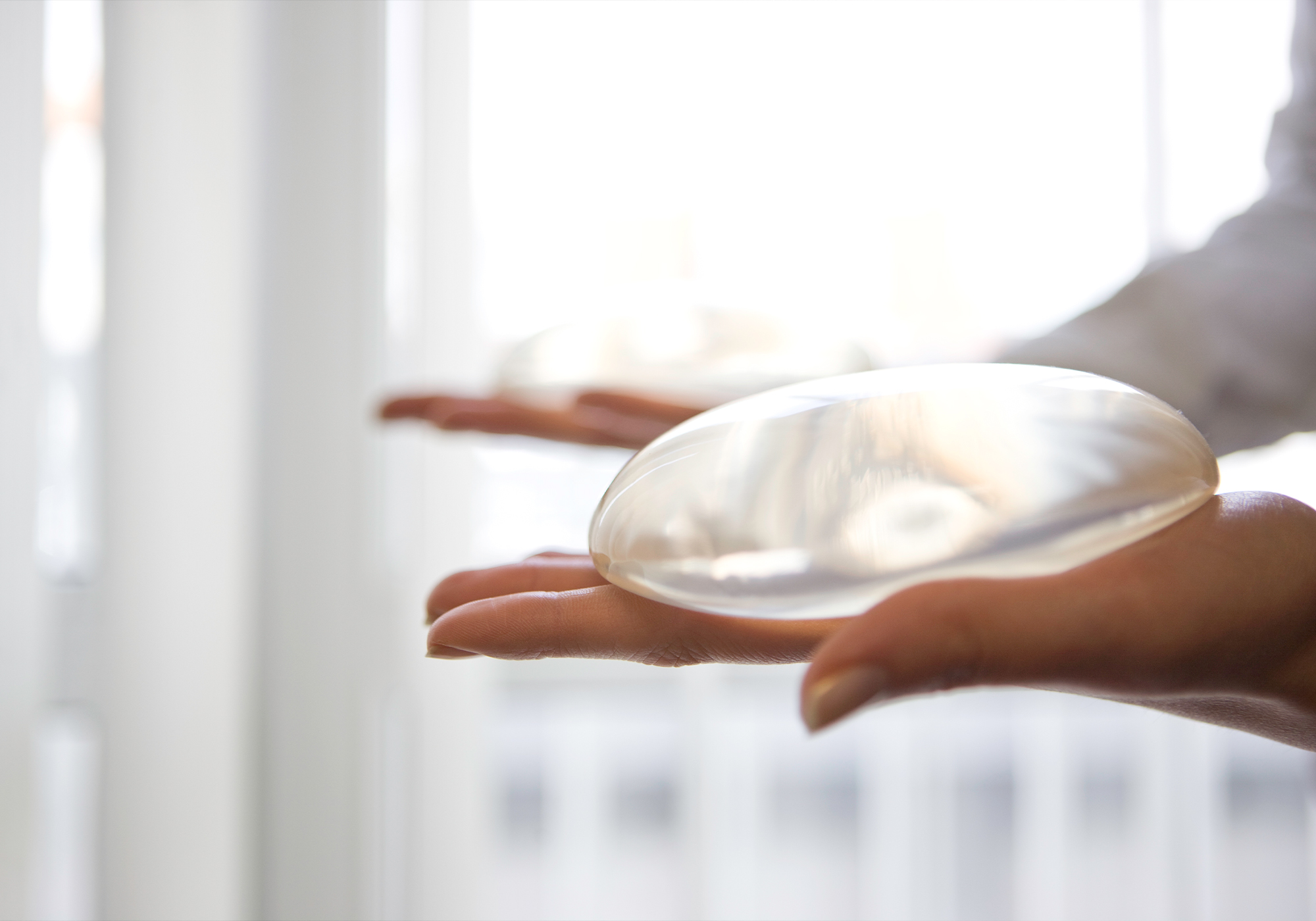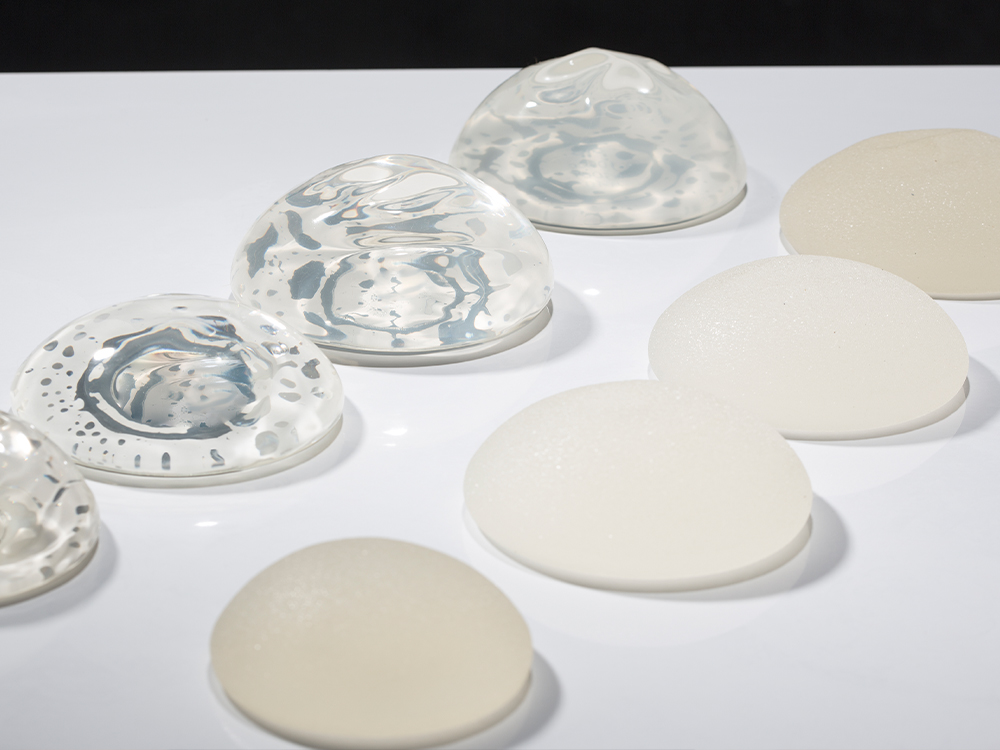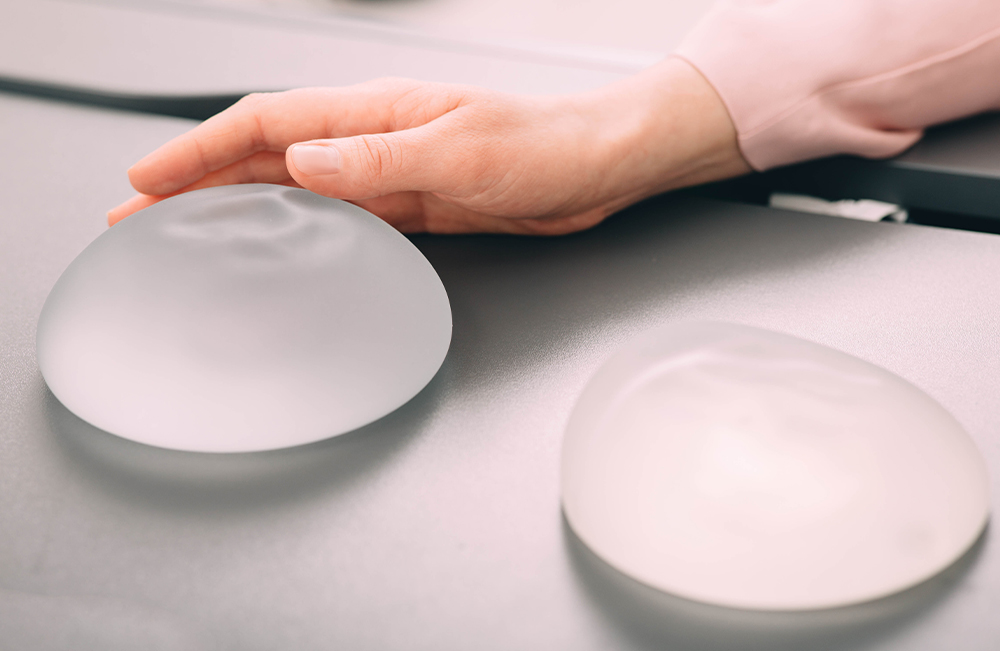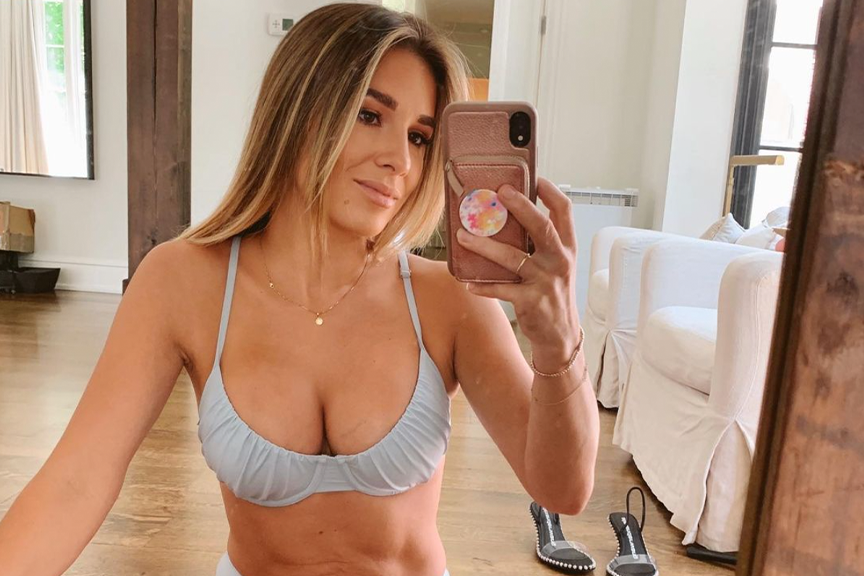It’s fair to say that breast implants have begun developing a bit of a reputation. But is it deserved?
Between celebrity announcements of removed implants and the mysterious symptoms some women experience, fears surrounding the safety of the procedure have made it difficult to tell what the difference between the real risks and the media myths.
Nashville plastic surgeon Daniel A Hatef, MD sets the record straight on breast implant safety and tells you everything you need to know about this misunderstood procedure.
Myth: Breast implants are not safe.
Fact:
“I think a lot of people are under the impression that breast implants aren’t safe,” Dr. Hatef says.“That’s because they have seen reports of Breast Implant Illness and have seen the trend of people having them removed. But in reality, breast implants are really safe.”
Implants have been used by plastic surgeons for over six decades and have become an essential tool for cosmetic and reconstructive surgery the world over. While there are risks associated with breast implants, rupture being a primary concern, FDA-approved implants are a well-studied and overall safe option.
“If you are seeing a board-certified plastic surgeon and they are operating in either a hospital or a qualified surgical suite, as long as you’re doing this right, implants are very safe and effective tools,” Dr. Hatef explains.
The kind of risks that are associated with breast implants have a lot to do the age of the device, as most implants are made to last around a decade.
“It’s important to understand that breast implants are not lifetime devices,” Dr. Hatef explains. “There are risks associated with any kind of invasive surgery, of course, but additionally you have the lifespan of the device itself.”
When an implant has reached its maximum limit, you’re more likely to develop things like scar tissue around the device that needs to be removed or experience implant deflation or leakage. According to the American Society of Plastic Surgeons, around 20% of patients require some kind of revision after a decade.
Myth: Breast implants will rupture and that is dangerous.
Fact:
Implants do rupture. Some brands have higher failure rates than others, but overall, your risk of a rupture goes up the longer the device has been in your body. According to the American Society of Plastic Surgeons, most breast implants are made to last roughly a decade, with rupture rates increasing around one percent every year.
“Ruptures do happen,” Dr. Hatef says. “That’s not really a rare thing, necessarily.
“When that happened in older models, the silicone could travel around the body. Notably, silicone from breast implants was found to have migrated to the lymph nodes, which Dr. Hatef points out is not necessarily scary or dangerous.
“Silicone is basically inert,” Dr. Hatef explains. “It’s like a synthetic carbon, in a way. So, the body,in general, is not going to react negatively to it.
”Still, to stop the movement of silicone to the lymphatic system after a rupture, many brands have opted for a silicone gel formula instead of the more traditional liquid filling. This way, in the event of a rupture, the silicone stays in place.
“Moving to gel means that if something happens and the implant ruptures, that gel won’t move around inside the body, it won’t travel,” Dr. Hatef explains. “That makes it a lot simpler to deal with when we’re removing or replacing an implant.”
There are several FDA-approved options for breast implants, which they suggest regular monitoring for in case of ruptures every few years.
Myth: Breast Implant Illness isn’t real.
Fact:
The FDA acknowledges that there are women who experience adverse reactions to their breast implants that often present with physical pain and memory fog.
This is commonly called Breast Implant Illness (BII), but there is no formal accepted diagnosis. Not only do we not know how the implants are causing these symptoms, but many consider the reported symptoms to be psychological.
“Obviously these women are experiencing something,” Dr. Hatef says. “They’re in pain; they can’t be as active as they were; they have memory fog. That isn’t in their heads.”
Myth: Breast Implant Illness symptoms are caused by something dangerous in the implant.
Fact:
The collection of symptoms has thrown experts for a loop as they’ve been unable to pin down exactly why some women experience these reactions and how to prevent them from happening.
“Initially we thought this might be an autoimmune response that we could test for,” Dr. Hatef says. “Like maybe a silicone antibody we could find that would determine if someone could or couldn’t have a breast implant. We have intensely studied Breast Implant Illness and we cannot find any signs of heavy metals and no autoimmune response.”
But now, researchers have begun to shift their focus away from the composition of the implant to how its weight is impacting the lungs.
“But one thing that we are seeing is that data shows that women with BII pre-operatively do nothave as good chest wall excursion, they have some decreased pulmonary function” Dr. Hatef explains. “The weight of the implants sitting on the chest could be potentially impairing respiratory and pulmonary function, which could easily cause those symptoms, like memory fog.”
While the research is still early and nothing definitive can be claimed, Dr. Hatef is optimistic thata breakthrough in understanding is on the horizon.
“We’re seeing that smaller sized implants result in less of these BII symptoms,” Dr. Hatef says. “That means that the composition of the implant itself may not be the problem, and if we know that, that’s huge.”

















